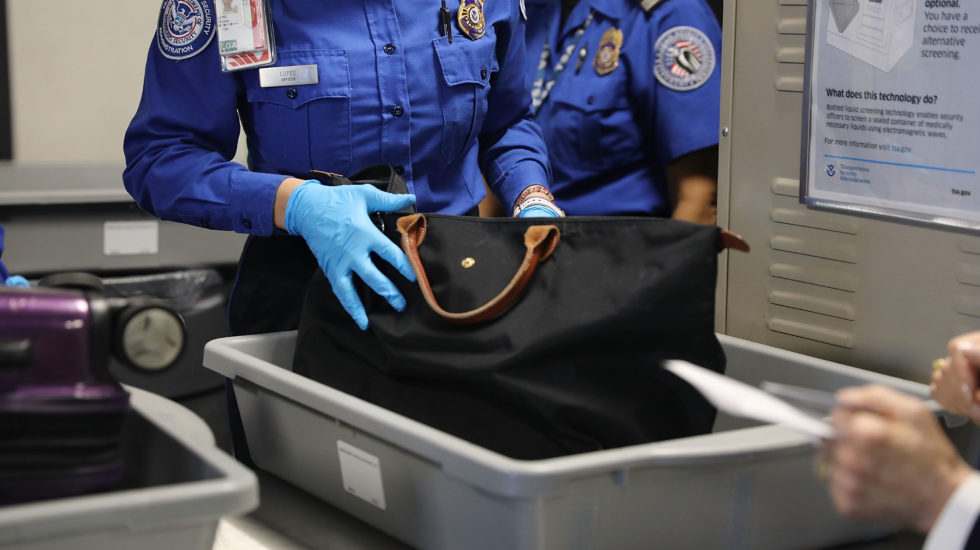We already know that not everyone is handling the resumption of air travel all that well. The number of incidents involving violent and out-of-control passengers on airplanes is already at record levels, despite air travel being greatly reduced so far in 2021 because of the pandemic. Airlines now say they have another problem — passengers who are traveling with fake COVID test results and vaccine certificates.
According to the Wall Street Journal, The International Air Transport Association industry has tracked fake certificates from France to Brazil, Bangladesh and Afghanistan. Authorities have also made arrests of people selling forged documents in the United Kingdom, Spain, and Indonesia.
It’s a much bigger problem for international flights, since most flights traveling within the U.S. aren’t requiring proof of vaccination or a negative test result. But airlines that handle a lot of travel overseas and cross-border itineraries, are growing increasingly concerned as summer travel heats up. Europe is a particular concern. Non-essential travel there is expected to resume on May 17th, so airline officials are worried their employees will be overwhelmed by people trying to board flights with fake documents.
This problem exposes a major blindspot as people resume traveling after more than a year of being grounded at home. Airlines and airports don’t have standardized process for checking COVID test results and vaccination certificates. And unlike standardized forms of identification like passports, COVID test results and vaccine certification have no universal format or identifying markers. It’s a potential recipe for disaster.
This is why some airlines are reportedly pushing for digital health passports that can store a passenger’s vaccination certification and/or negative COVID test results, much like the Mobile Passport app.
According to the CDC, approximately 120 countries are using testing to control entry. Flights landing in the U.S. coming in from overseas are required to verify passengers’ health documents, which must show either a negative test result or evidence of recovery from the virus.
Many governments are trying to shift responsibility of document verification to the airlines, who are pushing back.
“We cannot have either our crews or the people at Heathrow or other airports verifying the authenticity of all these documents,” Virgin Atlantic Airways Chief Executive Shai Weiss told the Journal. “That will take too much time, and we’ve seen queues and processing times moving up by two to three times at the airport.”



